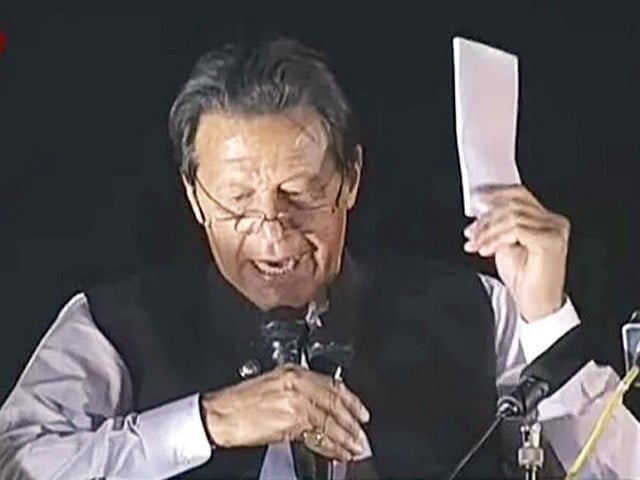
The cipher case against Pakistan Tehreek-e-Insaf (PTI) founder Imran Khan and senior leader Shah Mehmood Qureshi entered the final stage on Monday, as the court prepared a questionnaire for the accused to record their statements under Section 342 of the Criminal Procedure Code (CrPC).
Presiding over the special court – set up under the Official Secrets Act (OSA) – Judge Abul Hasanat Zulqarnain prepared the questionnaire after the cross-examination of all the 25 prosecution witnesses was completed.
During the proceedings inside the Adiala Jail, 11 more witnesses were cross-examined.
During the hearing, Qureshi objected to the state defense counsel, but the judge ordered him to remain silent, warning that otherwise he would be removed from the courtroom. Both accused also expressed their distrust in the judge. However, after hearing arguments, the judge dismissed their plea as inadmissible.
Salman Safdar, the lawyer for the PTI founder, told the judge that it had become difficult for them to cooperate with the court under the current circumstances. He urged the court to exercise caution in handling the case, noting that the Islamabad High Court (IHC) had twice declared the trial null and void.
Safdar questioned why the court was rushing through the proceedings, expressing sarcasm about the efficiency of the court-appointed state defense counsel, who apparently understood the case and completed cross-examinations of 10 witnesses in just 14 hours, asking a mere four questions each.
He further argued that while the Supreme Court had called for a speedy trial, there was no stipulation that the case must be heard daily. However, the judge countered that when the accused were in jail, daily hearings were permissible.
Read: Imran, Qureshi re-indicted in cypher case
The judge told the lawyer that there was no objection to the decision of the Supreme Court, adding that the Supreme Court had also stated that if there were any obstacles in the case proceedings, the bail of the accused could be cancelled.
Safdar said that something must have gone wrong as the IHC had declared the previous hearings null and void. He told the judge that the special court was not paying heed to the orders of IHC and the Supreme Court. He also stressed that the law gave the accused the right to have a lawyer of his choice.
If the accused became bankrupt or said that he had no money, only then the accused could be given a defence counsel but in the present case, there was no such situation, Safdar said. Therefore, he added, the appointment of the state defence counsel was wrong.
On the occasion, the PTI founder told the court that state defence counsel did not even consult him. He added that when the main witness, Azam Khan, was cross-examined, his lawyers were kept outside the jail. Cross-examination was the only weapon a defence lawyer had, he added.
Prosecutor Rizwan Abbasi argued that the Supreme Court in its decision had called for a speedy trial. He added that the court should dismiss the plea of the accused and the cross-examination of the witnesses should be started.

1674793438-0/image-(17)1674793438-0-270x192.webp)
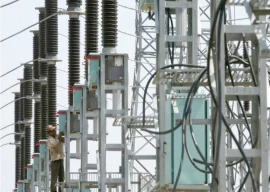




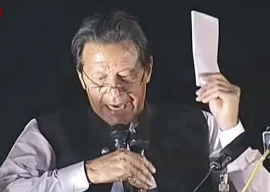
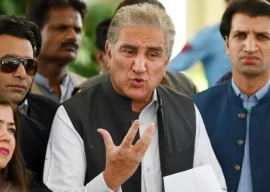



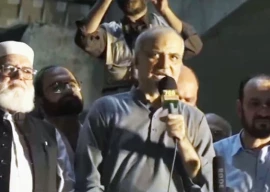









COMMENTS
Comments are moderated and generally will be posted if they are on-topic and not abusive.
For more information, please see our Comments FAQ